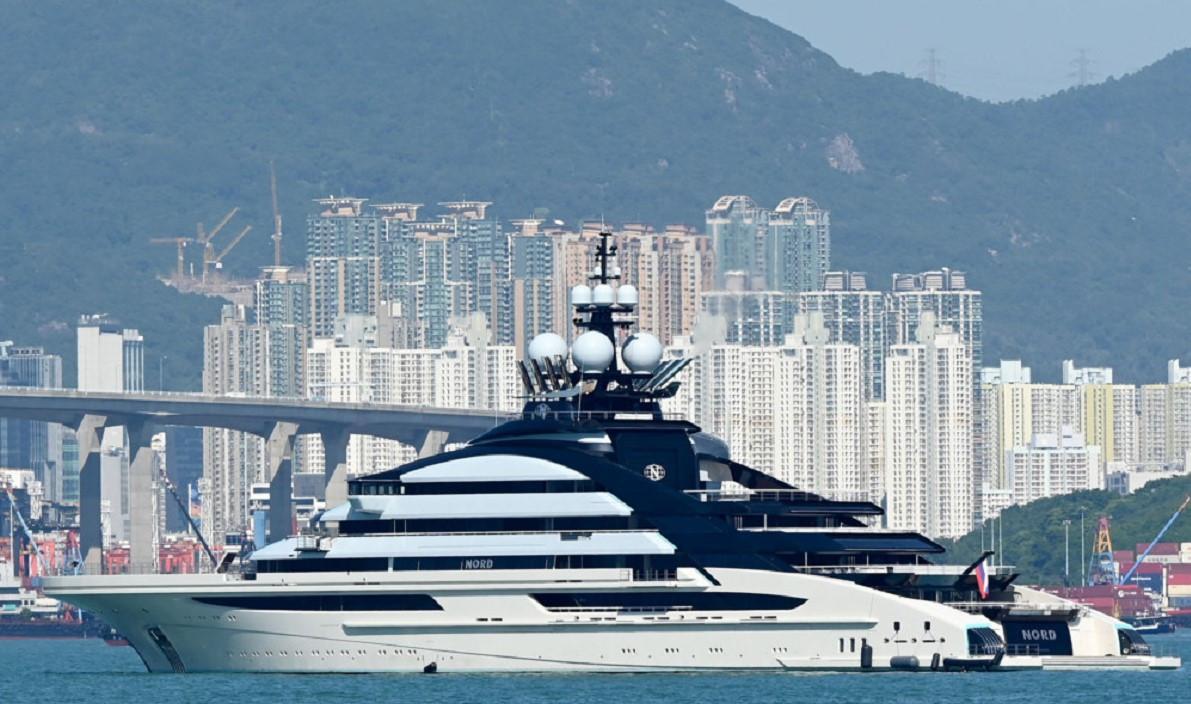
The recent visit of a Russian megayacht to Hong Kong has sparked warnings from corruption investigators that the city could become a haven for oligarchs and officials hiding from Western sanctions.
The Nord - a $500 million vessel linked to Russian billionaire Alexei Mordashov - spent a little over three weeks in the Chinese territory before leaving on Oct. 20.
Mordashov is among tycoons close to Russian President Vladimir Putin who have been sanctioned by the U.S., the European Union and Britain following Moscow’s invasion of Ukraine.
Multiple jurisdictions have seized Russian oligarchs’ yachts and other assets this year. But Hong Kong made clear it would not do the same, saying it only implements United Nations sanctions, not “unilateral” ones.
That prompted a rebuke from Washington that Hong Kong’s reputation as an international business hub could be damaged.
But Maira Martini, a corrupt money flows expert at Transparency International, said the city has long been a useful jurisdiction for those “wanting to hide assets and launder dirty money”.
She cited Hong Kong’s “easy incorporation of shell companies that can be used to layer funds and obscure the real owners”.
“The government’s recent declaration that it has no interest in implementing sanctions makes Hong Kong an even more enticing option for Russian elites,” she told AFP.
Hong Kong is increasingly taking its cue from Beijing, a key ally of Moscow, said Anthony Ruggiero, an expert on nonproliferation at the Foundation for the Defense of Democracies.
“I think at this moment and level, we have to treat Hong Kong really as China when it comes to their willingness to cooperate on proliferation, or in this case, the willingness to cooperate on pressuring Russia,” he told AFP.
A major part of Hong Kong’s appeal is how easy it is to set up companies -- about 1.4 million businesses are domiciled in the city.
Directors do not need to live there and companies can register addresses via secretarial businesses making it easier to mask true ownership.
The Panama Papers in 2016 exposed how crucial front companies in Hong Kong were for those wanting to hide wealth and avoid tax.
Businesses registered in Hong Kong have also repeatedly appeared on U.S. and other sanctions lists.
Companies helping North Korea evade sanctions were cited by the Treasury and United Nations experts in 2017 and 2018.
More recently the focus has shifted to Iran.
Last month the Treasury named 10 companies allegedly involved in helping Iran sell petroleum products, mostly to China. Three were based in Hong Kong.